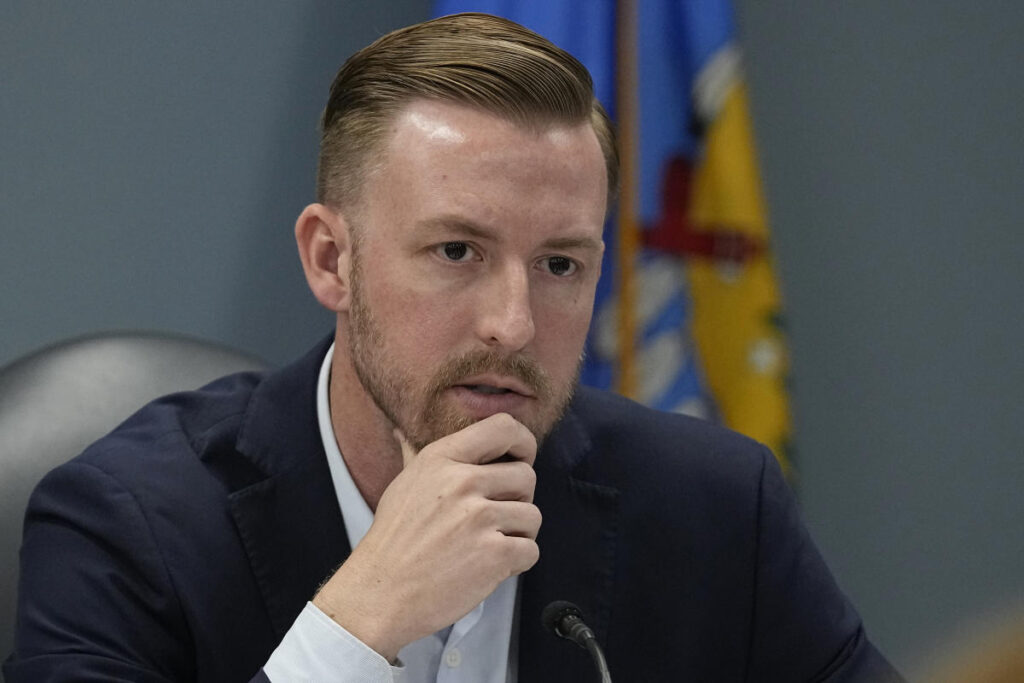Oklahoma has revised its proposal for 55,000 Bibles to be distributed to public schools, originally aligned with a specific version supported by former President Donald Trump. The initial request mandated that these Bibles include U.S. historical documents like the Declaration of Independence and the Constitution, requirements that would significantly increase costs compared to alternative Bibles lacking such additions. The latest amendment now states that the inclusion of these historical texts is optional, allowing for more flexibility in sourcing. This update pushes the deadline for bids from October 14 to October 21, prompting discussions about the program’s intent and execution.
State Superintendent Ryan Walters spearheads this Bible initiative, emphasizing its historical importance in American culture. He has faced pushback from major school districts in Oklahoma, evidenced by criticism surrounding the program’s constitutionality and its suitability within public education. In a recent video on X, Walters blamed the media for misrepresenting the initiative, claiming a bias against both Trump and the Bible. His statements indicate a drive to integrate religious texts into schools as a means of enriching the historical education of students, despite the ongoing resistance from various educational stakeholders.
Following the initial backlash, Walters’ office communicated that the modifications to the proposal were made in collaboration with the Office of Management and Enterprise Services (OMES). This clarification aimed to combat media reports that suggested the original request favored a particular publisher’s Bible, which would violate procurement laws. Dan Issett, a spokesperson for Walters, outlined that the revisions were intended to provide a broader range of options to ensure compliance with legal standards while still fulfilling the initiative’s goals.
OMES also reiterated that these changes were meant to benefit taxpayers, suggesting a drive to get the best value for funding utilized in the program. Christa Helfrey, a representative of OMES, emphasized efforts to revise the RFP to ensure that resources could be obtained in a more cost-effective manner. This reflects a growing concern about managing educational budgets effectively while pursuing new initiatives, especially those that invite legal and ethical debates regarding the separation of church and state in public school systems.
The initial criteria for the Bibles had included specific material requirements, such as a durable leather binding, which further distinguished the version favored by Trump from more affordable alternatives that lack historical documents. Many similar editions without these addendums are sold online for under $20. This marked disparity raises further questions about the motivations behind the push for a specific type of Bible, including concerns about why certain editions are prioritized over others. Such factors complicate the already controversial nature of incorporating religious texts into public school settings.
In conclusion, the movements surrounding the amendment of the Bible request in Oklahoma highlight larger discussions about the role of religion in public education and the challenges administrators face in navigating legal, ethical, and financial landscapes. As Oklahoma attempts to maneuver through public sentiment and legal regulations governing educational practices, the outcomes of this initiative could set significant precedents for future endeavors involving religious materials in public schools. With the extended deadline, stakeholders across the state, including educators and parents, remain watchful as the implications of these decisions unfold in the months to come.

